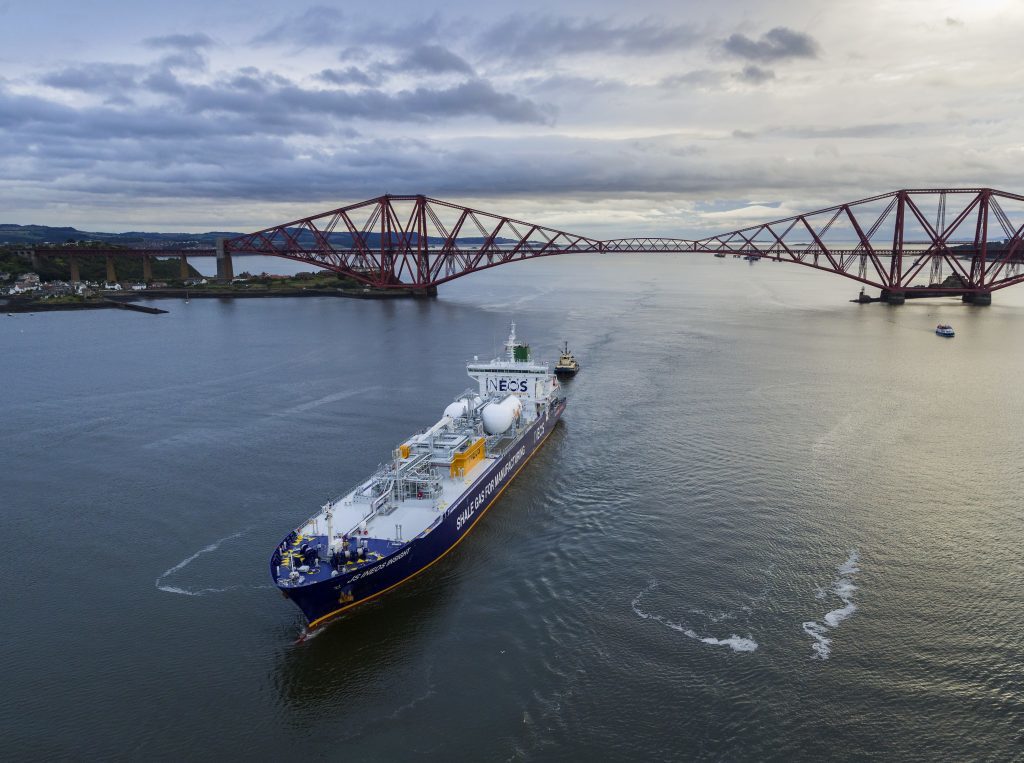
A US engineer whose accidental discovery helped to revolutionise the US shale industry has been central to plans by Ineos to extract shale gas in the UK.
Nick Steinsberger was hired by the chemical giant a few years ago to help advise on where the firm should develop fracking plans both in Scotland and in England.
The engineer has been involved in the shale industry since the 1980s, working on the first shale formation in the US and came up with the slick water frack process.
He said fears over the development of fracking in Britain were unnecessary given the example of America where to date, one million shale wells have been drilled.
Steinsberger visited Grangemouth earlier this week where he joined the senior team from Ineos as they welcome the first ever shipment of US shale to Scotland.
The project to create the “virtual pipeline” has taken six years to reach this point.
He said: “So I was hired a couple of years ago, I’m an engineer and some geologists were hired to develop the shale programme in the UK including Scotland and where we should go after the bidding rounds.
“We helped to guide them where we thought there would be the best productivity including some in the central belt.
“I came up with the slick water frack process which is now used in all shales across the world, so the first successful shale the Barnett shale in Texas that was what I was involved in. Since then there have been over 20,000 wells drilled in the Barnett and so far there have been one million wells drilled overall. There have been many shale plays developed in the US including the Barnett and the Marcellus shale.
“Well we knew shale was already there, we just didn’t know how to get this oil and gas out of the shale we came up with this slick water frack at Barnett and it was successful in gas. Oil shale has really started going up in the past 10 years. It’s been a huge industry in the US.
“There’s been thousands of wells drilled, unfortunately there are instances where there have been spills, there have been very few instances of it actually contaminating drinking water. Like Jim said, it’s a huge industry there are always going to be mistakes and problems but it has been incredibly successful.”